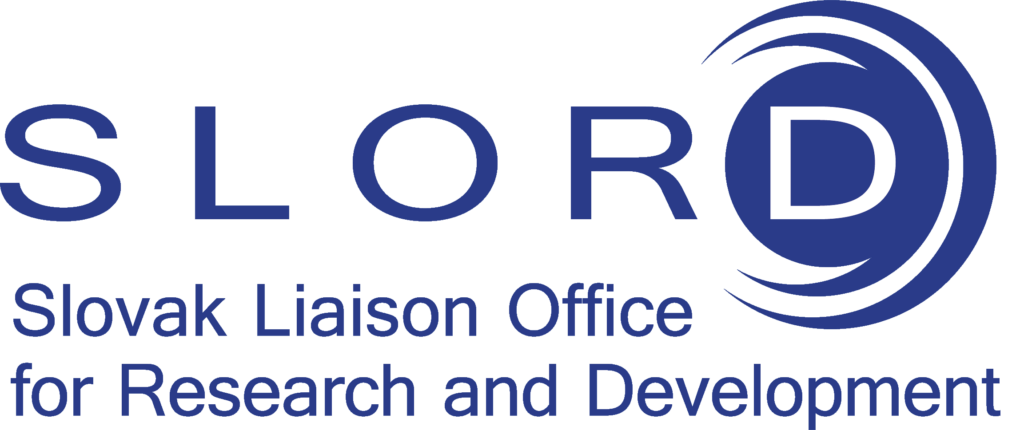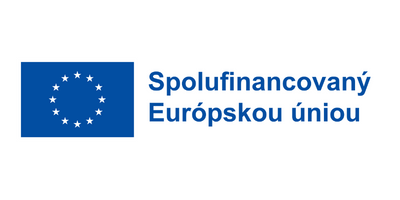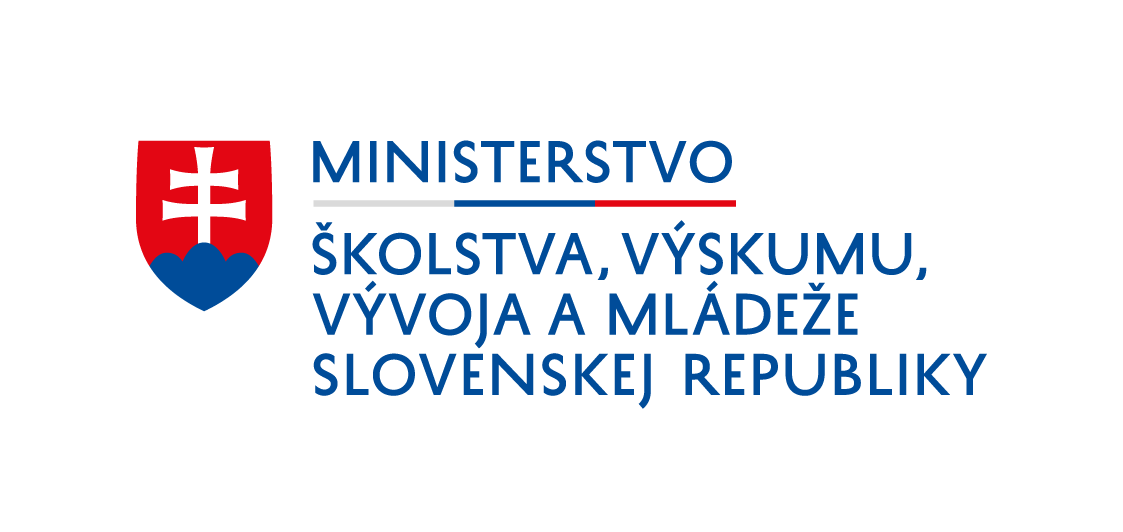On 6 June 2019, the V4 Conference on Digital Transformation took place at the premises of the Permanent Representation of the Slovak Republic to the EU in Brussels. The conference was jointly organized by the Slovak Liaison Office for Research and Development in Brussels (SLORD) together with the Permanent Representation of the Slovak Republic to the EU and the Czech Liaison Office for Research, Development and Innovation (CZELO), the Polish Scientific Contact Agency (PolSCA) and the Permanent Representation of Hungary to the EU. The conference was one of the final events under the Slovak Presidency of the Visegrad Group, the political and cultural alliance of the four Central European states.
The aim of the half-day event was to create a platform for a professional discussion of distinguished experts, policy makers, professionals and researchers from various areas who have direct experience with the uptake and applications of digital technologies. The main topics of the event were policy strategies at the European and national levels of the V4 countries in the field of digital transformation and presentations of scientists and researchers from the Visegrad countries, contributing to the creation of new knowledge and practical applications of digital technologies.
With the participation of 120 guests from the Member States and Associated Countries, European institutions, universities, SMEs and industry, the conference was opened by the moderator of the event, Marek Čanecký, digital agenda expert from the Deputy Prime Minister´s Office for Investments and Informatization of the Slovak Republic. Čanecký indicated that we are going through a major technological revolution, but every such fundamental change brings new opportunities. „We will not reach new destinations without taking new roads.“ The conference focused on new roads towards innovation and successful digital shifts which have been built and are being built at the EU level as well as at the national level of the Visegrad countries.
The keynote speech was delivered by Khalil Rouhana, Deputy Director General of DG CONNECT, European Commission. Mr Rouhana in his speech summed up the main achievements and efficient measures on the matter of the digitalisation of the EU over the last five years, which have had a strong impact on the daily lifes of the EU citizens. Among others, for instance, there is the abolition of roaming charges within the EU; the ban on unjustified geo-blocking; or the launch of the Wifi4EU initiative that promotes free access to Wi-Fi connectivity for citizens in public spaces in municipalities throughout the whole European Union. The proposal for a new Multiannual Financial Framework for 2021-2027 also demonstrates the EU´s intention to be a global leader in digitization, as there is a relatively high budget allocated for investments in supercomputers or state-of-the-art infrastructure.
The event continued with the political debate of the representatives of various Directorates-General of the European Commission (DG RTD, DG CONNECT, DG GROW) and the OECD. Panellists agreed that the EU is well placed to become a leader in introducing digital technologies and digital transformation, however, such process requires fully integrated and coordinated approach. Digitization has a great potential to address such major challenges as a security of citizens; economic growth; climate change or health care. Representatives of the European Commission also touched on enhanced cooperation across different Directorates-General to capture all the dimensions of digital transformation and cover all areas of concern. Evidence of efforts is also the creation of the first ever Digital Europe programme, the objective of which is to shape Europe´s digital transformation to the benefit of citizens and businesses. Nevertheless, the great challenge we face is a lack of digital skills and experts to train them as well. Automation of jobs is also one of the particularly important issues to be addressed.
The second part of the conference focused on the perspective of the Visegrad Group.
Representatives of national authorities and administrations presented their national strategies and action plans. In early May, the Slovak Republic adopted a supra-governmental strategy that outlines Slovakia’s priorities in the context of the ongoing digital transformation and defines the vision of Slovakia as an innovative country from which specific measures will be gradually based. The Czech Republic decided to proceed in a different way to the topic of digital transformation and created a strategy with three main pillars: cooperation between ministries within the Czech Republic and their cooperation with the EU in the area of creating user-friendly legislation; e-Governmment; and non-public services such as Industry 4.0. The strategy has a total of 15 main objectives with a great number of precise actions and objectives. Poland and Hungary focus in their strategies and plans on digital security; data; as well as addressing the problem of the lack of digital skills. Hungary is also planning to focus more on private businesses and industry and allow them to move smoothly to the highest level of digitization.
Speakers identified that collaboration, communication, a well-allocated budget and support for businesses and institutions to coordinate their digital activities are key factors for successful transformation.
V4 researchers and innovators agreed that digital transformation is not a new phenomenon. However, compared to the past, there is a difference in the speed and mass of the ongoing transformation. The process of digitization is mostly run by private businesses. The transformation process does not entail unknown or completely new challenges, but creates changes that are put into practice at an unprecedented speed. Presentations of the speakers reflected the different areas of the Digital Europe programme and touched on the topics of artificial intelligence; e-Government; digital skills; digital security and also supercomputers. Respective speakers repeated several times that digital skills and knowledge are still a key issue to address digitization, therefore, it is essential to focus on vocational and adult learning. Education and research are precisely the indispensable skill within the cyberspace.
Fabio Pianesi, Head of External Collaboration from the EIT Digital, concluded that Europe needs to be better prepared for all the opportunities presented by digitization for growth, as digitization of the European industry is essential to maintain competitiveness. Therefore, the policy makers have to create an environment where the balance between economic and social interests is maintained.
Digital technologies are a highly topical subject in the European Union. The Visegrad countries have shown that the goals and challenges of the digital transformation are taken seriously and they want to contribute to the commitment of the EU to remain at the forefront of the technological revolution.
More information:



